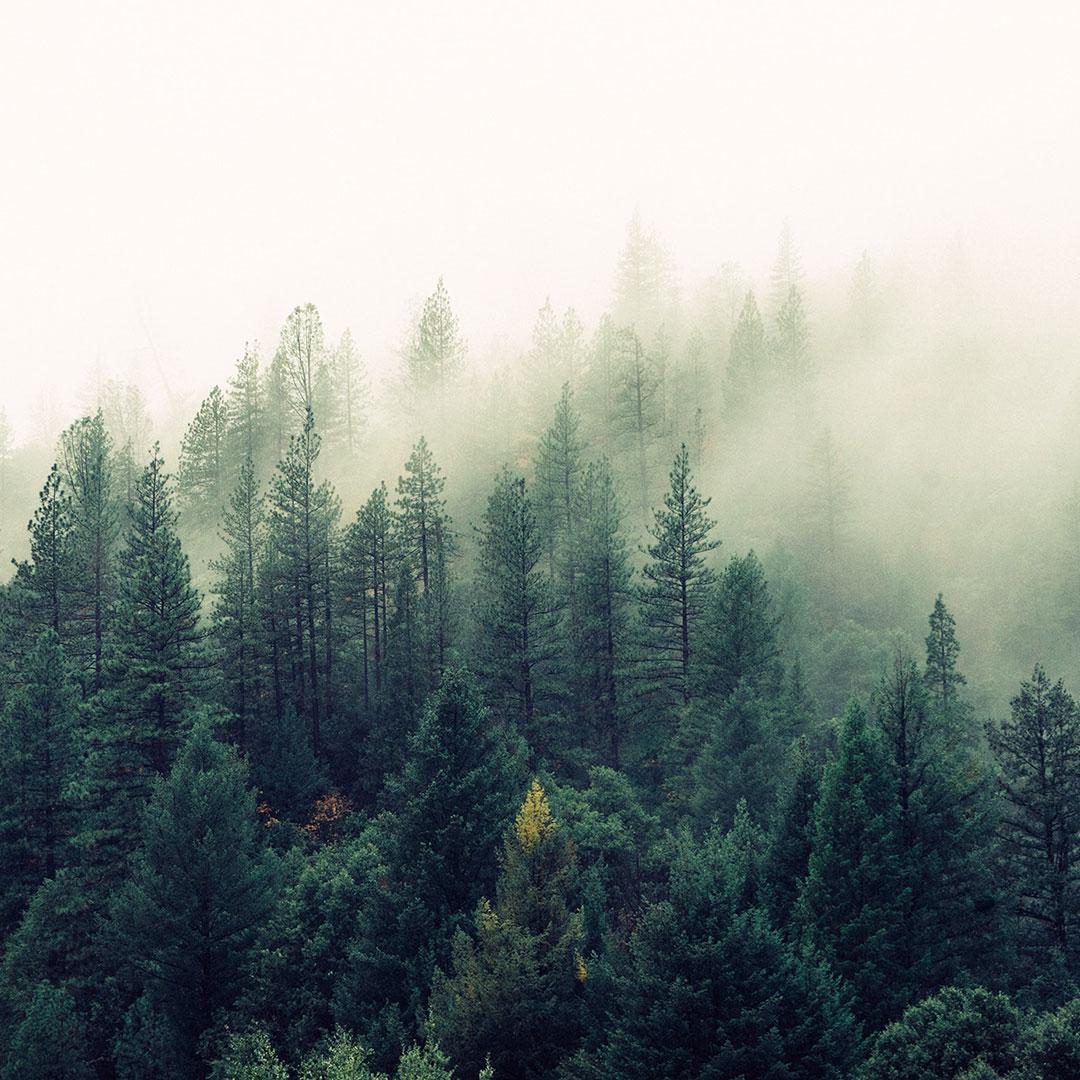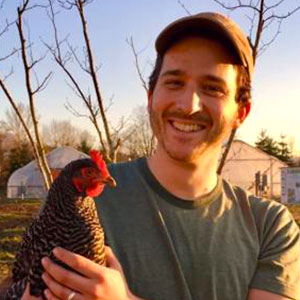
Event Details
When:
-
Location:
Online: Zoom
In-Person at WWU:
Academic West, Room 204
Price:
Free
Brought to you by:
College of the Environment, The Foundation for WWU & Alumni
Description
Check out this video to watch the Protect the Best, Restore the Rest Managing Forests for a Climate-Changed Future.
Ecological forest management is gaining traction across the Pacific Northwest as a way to produce wood products while fostering biodiversity, forest health, and climate resilience. Ecological foresters manage forests as dynamic ecosystems—not tree farms—to produce a wide variety of benefits in addition to wood products, such as functional wildlife habitat, watershed health, recreational opportunities, and carbon storage. Ecological forestry entails mimicking natural disturbances like wildfire and wind throw to create structurally-complex and biodiverse forest ecosystems. This can be accomplished through the application of various thinning regimes, extended harvest rotations, small gap cuts, and robust riparian reserves. Another major tenet of ecological forestry is to permanently protect the mature and old-growth forests that still remain.
Ecological forestry is now being wielded as a tool to enhance the resilience of forests, watersheds, and nearby communities to the impacts of climate change. Scientific research has found that structurally complex forests are more resistant to wildfire when compared to homogenous tree plantations. Recent research has also found that improved forest management practices can augment low summer streamflows—providing more water in our streams and rivers when farmers and fish need it most.
Come learn about the promises (and challenges) of ecological forestry, and get updates on innovative pilot projects currently underway in western Washington.
The Environmental Speaker Series is free and open to the public. Talks are held each Thursday at 4:30pm in Academic Instructional Center West, room 204. Join us at WWU or online on Zoom!
Featuring:

Alex Harris, Speaker
Land and Water Policy Manager, RE Sources
Alexander is the policy lead for RE Sources’ land use and water protection programs. Alexander completed a graduate program in Environmental Policy at Western Washington University in 2022, where his research focused on how community-driven forest stewardship can help restore the Nooksack watershed. Having grown up in southern Oregon, Alexander graduated from the University of Oregon with a degree in Philosophy and Political Science. Alexander has worked for numerous conservation nonprofits on various policy issues ranging from public forest management and wildfire mitigation to ecological forest management and climate mitigation. Alexander and his partner live in the South Fork Nooksack River valley near Acme, and spend most of their free time homesteading, floating the river, or rambling through the woods.
Accommodations and Other Details
Contact The Foundation for WWU & Alumni for this event if you have questions or need disability accommodations by calling (360) 650-3353 or emailing Alumni@wwu.edu.
Advance notice for disability accommodations and special needs is greatly appreciated. Please indicate your special needs on the registration form.
There will be auto-captions available for the Zoom webinar.
Limited paid parking is available in the C lots at the south end of campus and in lots 6V and 7G at the north end of campus. Western provides comprehensive parking details—including lot locations, applicable fees, and campus map. Please note that parking in the C lot and 12A by Fairhaven College is free after 4:30pm on weekdays and all hours on weekends.